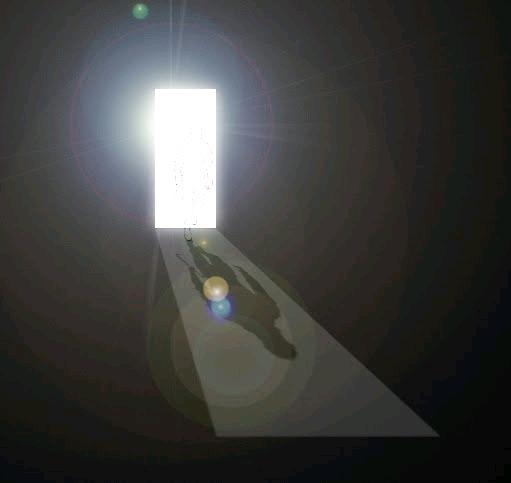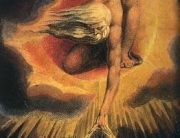In ancient times sacrifice was an important part of most religious rituals and was carried over into the Judeo-Christian belief system. The one sacrificed was the bridge between the human and divine offered to the gods as an appeasement, a petition, or in celebration because the one performing the sacrificial ritual did not feel worthy or in communion with the divine.
Humanity has always perceived there must be an intermediary between themselves and the divine. Whereas, in actuality, it would benefit humanity to see the integration of their actions and thoughts as the intermediary.
Sacrifice by its very nature–be it self-sacrifice, the sacrificing of another to a god or upon the cross for the sins of humanity–creates a chasm between the divine and the human.
The man, Jesus, died and sacrificed himself for his own beliefs. So integrated was the knowledge of who he was that his actions and his thoughts were in alignment–and they were manifest into reality. His resurrection was the spiritual regeneration, the energetic vibration of actions and thoughts in pure alignment propelled by emotion. Though like any human he desired a full and complete life, he was quite aware that there was no loss–and he walked bravely, knowingly and effortlessly from one dimension to the next.
It is, indeed, a powerful statement of the eternal existence of humanity when one of the children ascends.





Leave A Comment